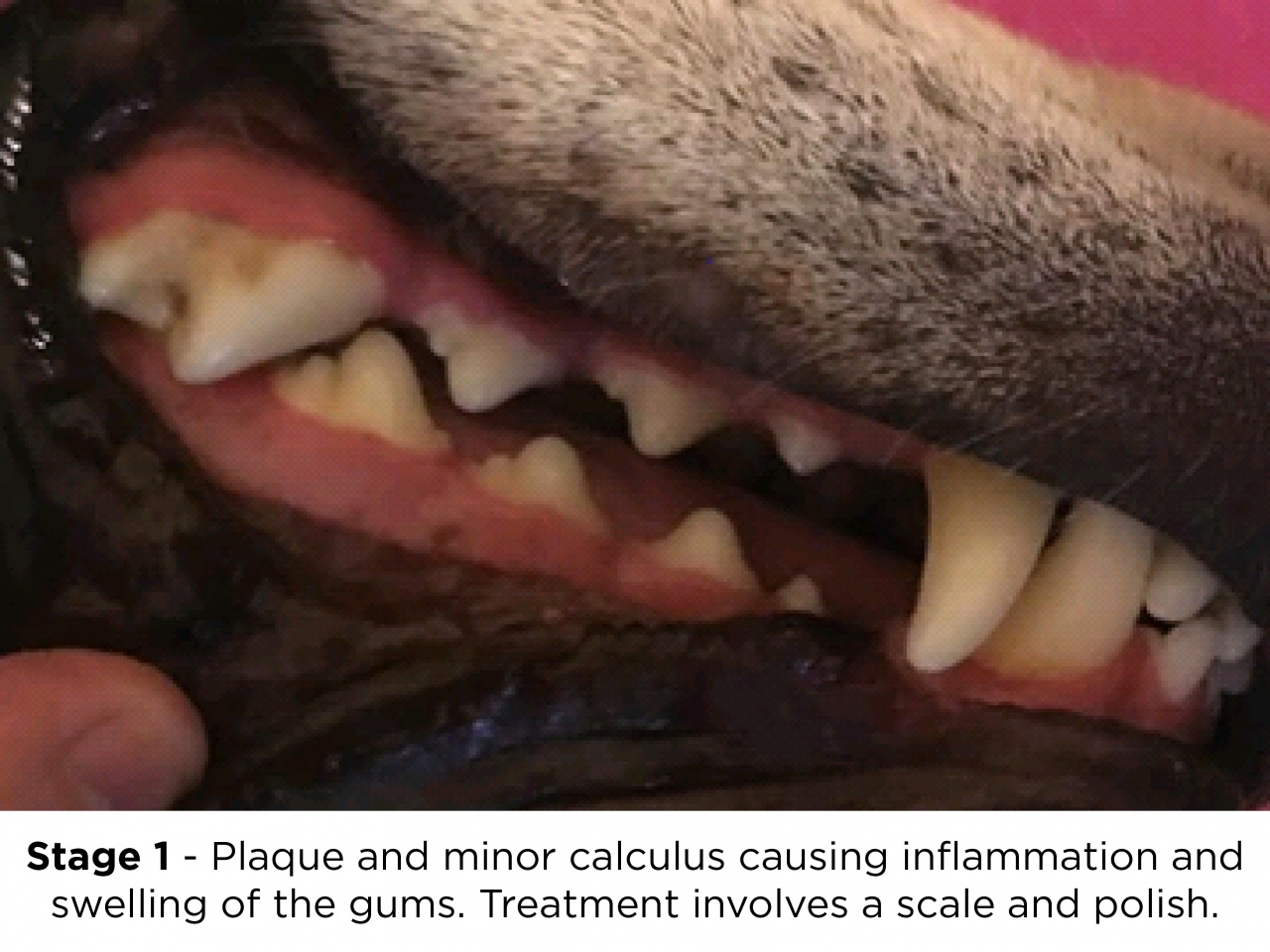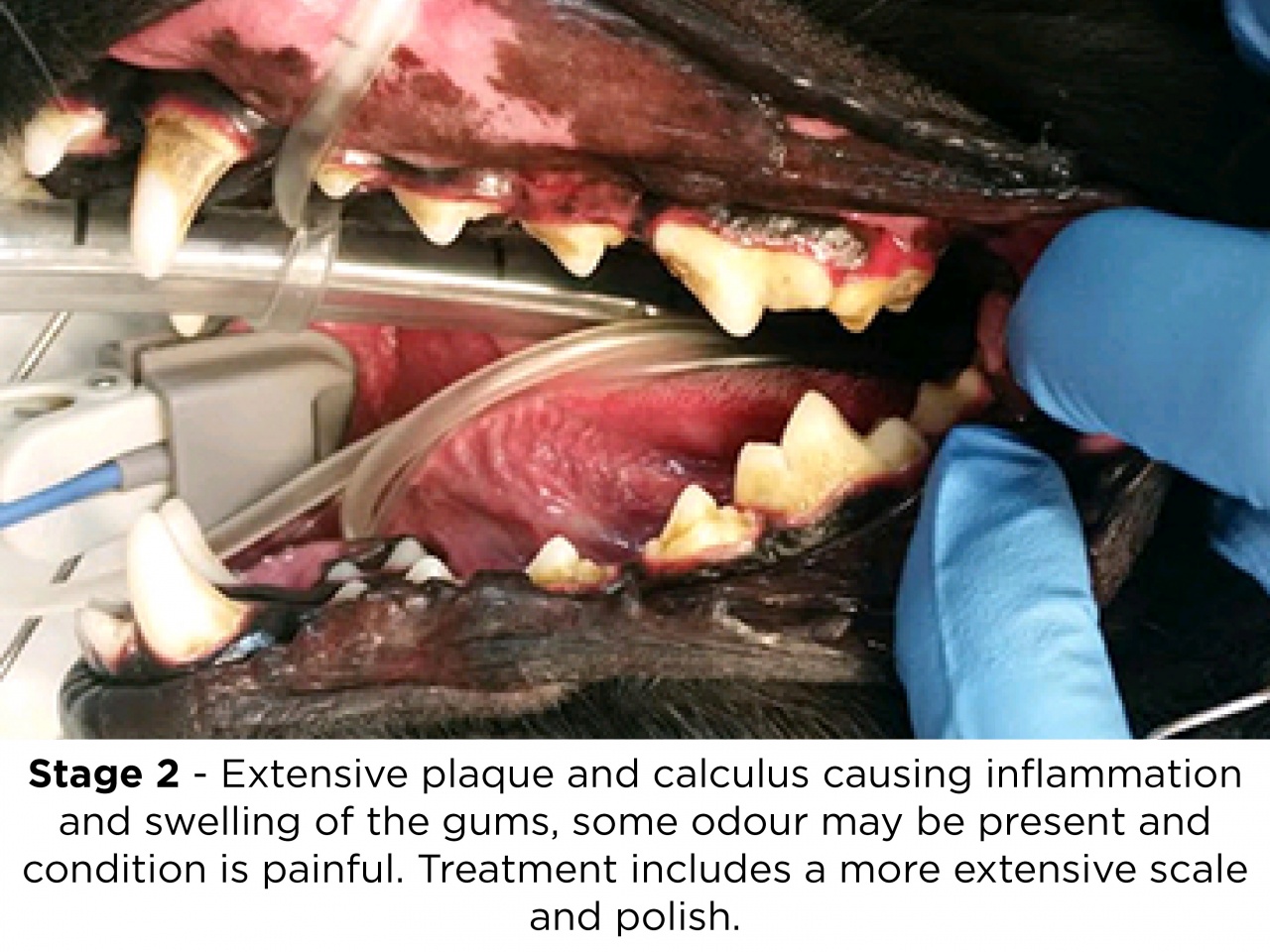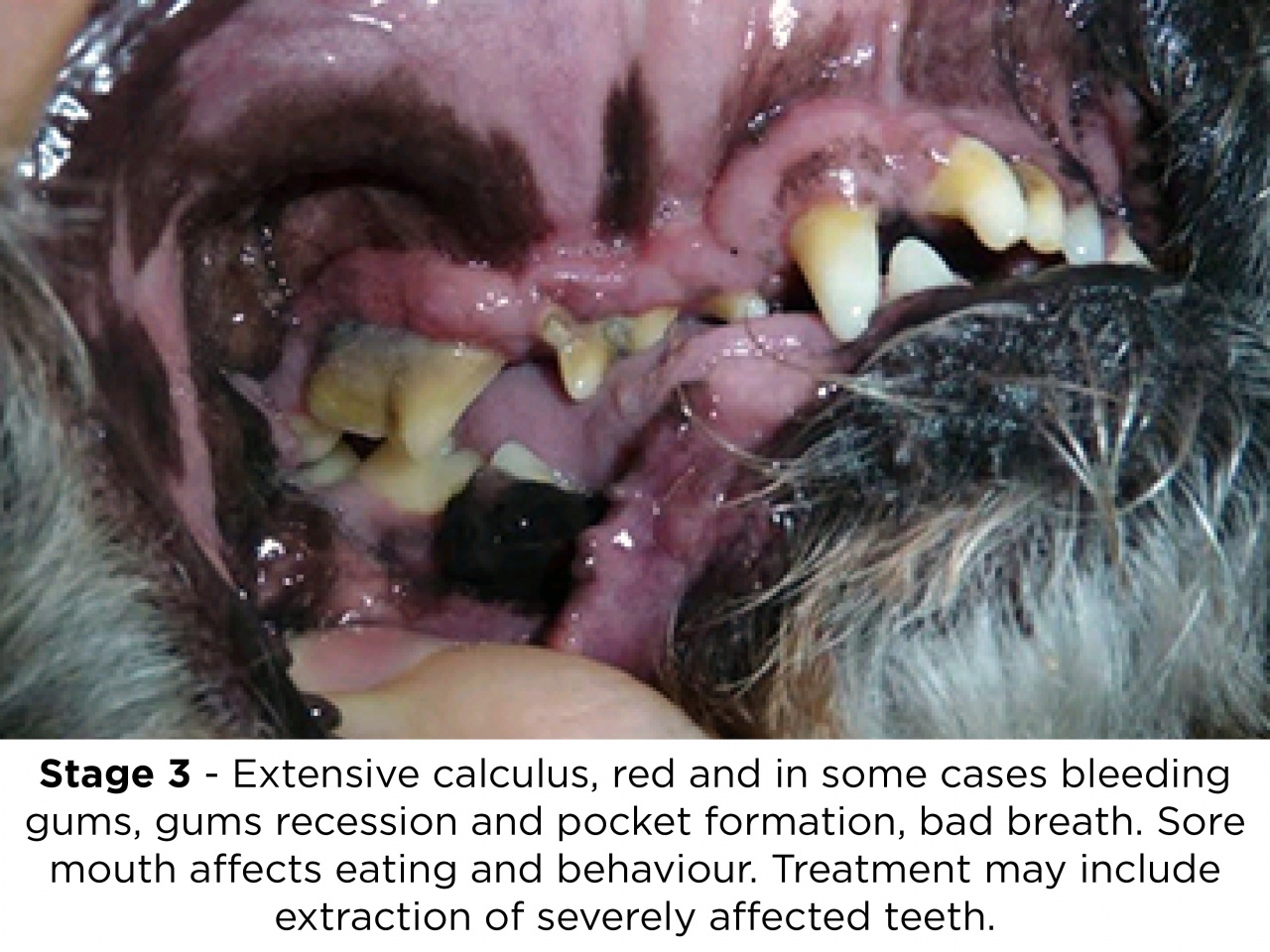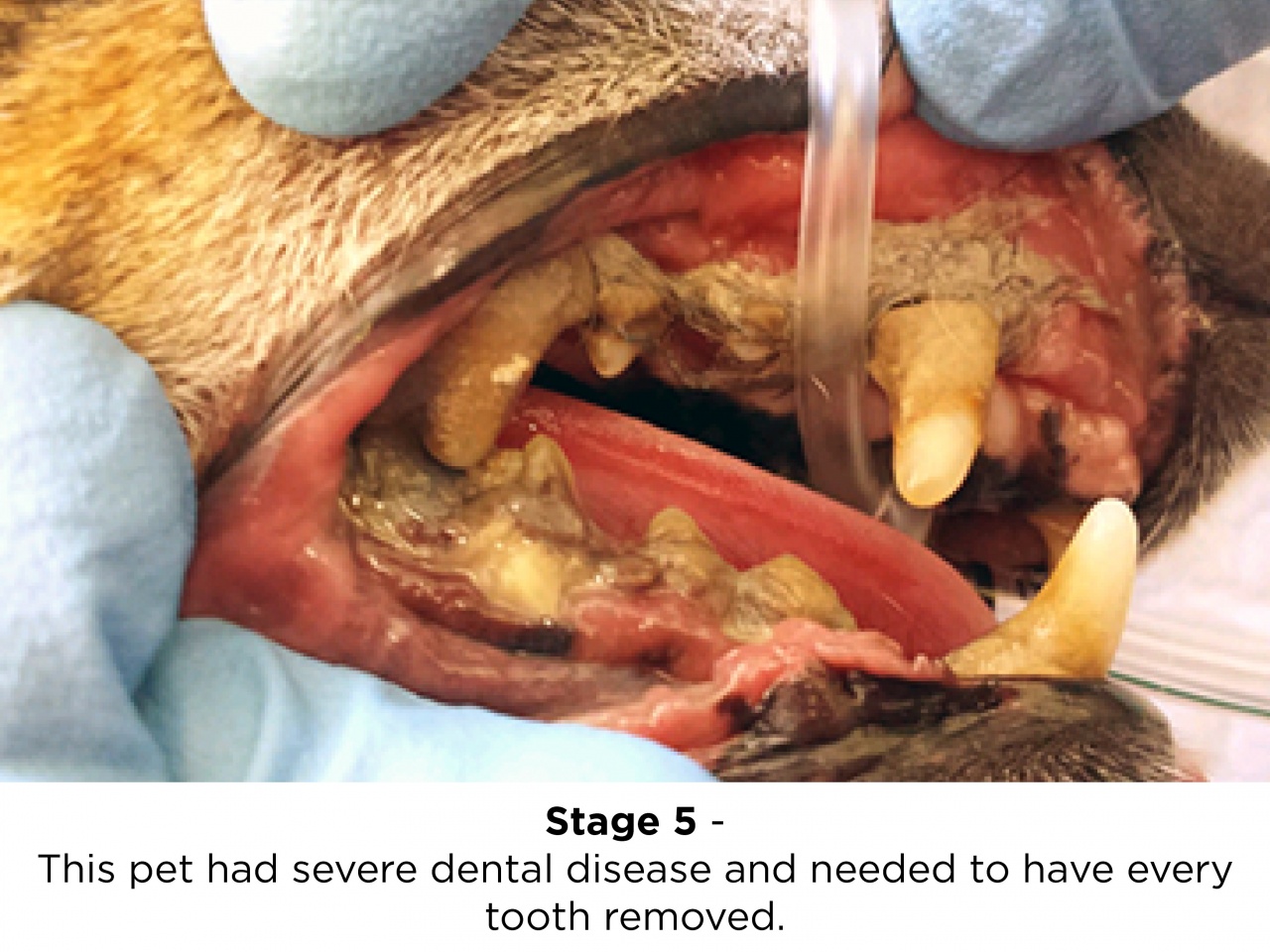Dental health and your pet
Caring For Your Pet’s Teeth And Gums
Did you know that more than 80% of dogs and 70% of cats over three years old have some form of dental disease?
Just as you look after your teeth to prevent plaque and dental disease, you also have to care for your pet’s teeth too. Maintaining healthy teeth and gums for your pet is important, if left untreated it can result in some serious health problems such as heart, kidney and liver disease.
But don’t worry, we’re here to help! By making some changes and monitoring your best friend, we can help reduce the risk of dental disease. Our expert healthcare team are experienced in examining and treating your pet’s teeth and providing you with the right advice to ensure they live a happy and healthy life.
6 Signs – How Do You Know If Your Pet Has Dental Disease?
What Is Dental Disease?
Dental disease or periodontal disease is caused by bacterial infection that builds up in a substance called plaque. Plaque is made up of food particles and saliva. It readily sticks to the tooth surface above and below the gum line and if not removed will calcify into tartar (or calculus). Over time the bacterial infection in tartar causes irreversible changes to occur. These include the destruction of supportive tissues and bone, resulting in red gums bad breath and loosening of teeth.
Dental disease is not only painful and uncomfortable for pets, the procedure to clean and remove teeth becomes more complicated and often more costly to treat the longer it is left untreated.
What Should I Do If My Pet Has Dental Disease?
If you think your pet is showing the signs of dental disease it is important that treatment is started immediately before any irreversible changes occur.
Just contact one of our healthcare team members and make an appointment with your veterinarian for a dental check-up or book a free dental health check with one of our qualified nurses.
Treating gum disease involves thorough scaling and flushing to remove tartar, plaque and infection from above and below the gum line. The teeth are then polished to help reduce future plaque build up. Any loose or badly infected teeth will be removed. Antibiotics may be required for particularly severe cases. These procedures are carried out under a general anaesthetic. Local anaesthetic and pain relief are given when required.
Just like your own dentist we use specialised dental instruments including ultrasonic scaler, hand curettes, air driven drills and polishers. When required we also do dental restorations and endodontic procedures to save important teeth.
Remember, our pets can’t tell us when it aches! We understand it is easy to put off simple procedures like a dental descale and polish until next time. However, it is more difficult for cats and dogs to tell us when they have a toothache. Identifying visible changes and intervening at an early stage will help us to prevent lengthy and sometimes costly procedures and to ensure your pet is as comfortable as possible.
Read more about the progression of dental disease here.
How Do You Prevent Dental Disease In Pets?
Good oral hygiene and plaque control will help prevent dental disease. Encouraging your pet to chew on appropriate toys and chews will help stimulate saliva secretion, which will help combat plaque. Safe chewing options include Greenies, which are low in fat and easily digestible. Water additives such as Healthy Mouth will soften plaque, making it easier to be removed, and will also decrease the amount of bacteria in your pet’s mouth. Using a special veterinary recommended diet such as Hills t/d Dental Care (available at your local AdelaideVet) will also help reduce the amount of plaque build-up on your pet’s teeth. The unique shape and size of these biscuits encourages chewing and has a brushing effect on the teeth.
If your pet doesn’t enjoy chewing, then daily brushing is the best option.
Remember dental disease is caused by plaque build-up & infection. If you help to remove the plaque from your pet’s teeth, you greatly improve the chances of a healthy mouth.








